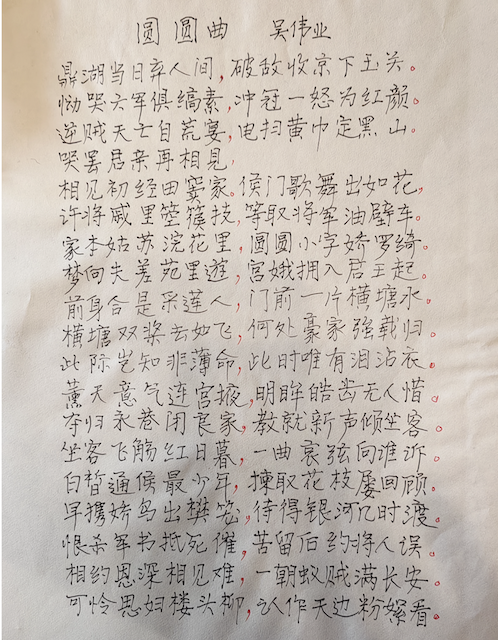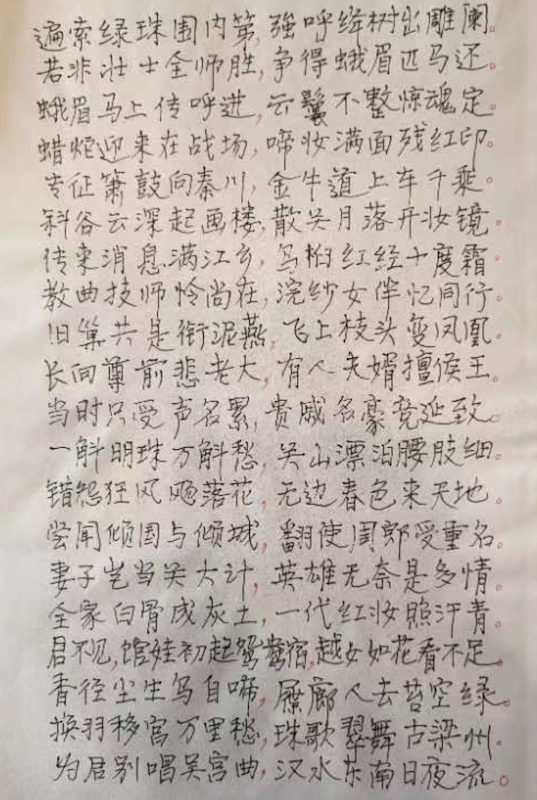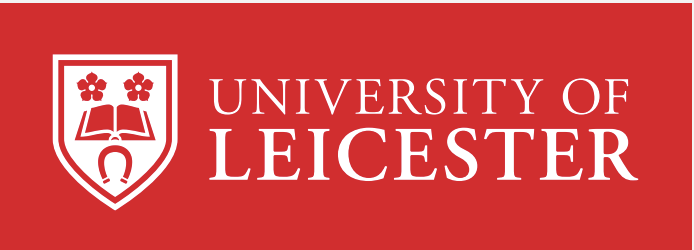Author: Yan
The earliest memory of a poem, my father said, is a nursery rhyme his mother hummed to him, which she remembered from her childhood.
大雪纷纷飞,小鸟吱吱喳 (Snow is falling and falling, little birds are chirping and chirping)
To little children, birds are chirping because of the excitement snow brings to a small town that does not see a lot of snow; for mothers, birds are chirping because there’s not enough food on a snowy day.
There is a local rhyme which my father likes. I remember it from my childhood because rhyming in every line in the local dialect makes it very memorable. Only when my father mentioned it again now, decades later, did I realise that this is in fact a vivid and humorous caricature of family relationship in an impoverished traditional society:
kuang kuang, tsuo (sound of cymbals)
萝卜炒炒豆腐渣 (turnips and tofu dregs fried together)
阿婆走人家,(mother-in-law is away for a visit,)
媳妇大叉叉。(daughter-in-law is shoving a large amount into her mouth,)
华発是介话:(Huafa remarks,)
又是一大叉!(Yet another big mouthful!)
Turnips and tofu dregs are cheap food. But for the daughter-in-law who is under constant watching eyes of her mother-in-law, she only gets this rare chance to satisfy her appetite. However, there’s no escape; this nosy neighbour is making a snarky comment and is likely to pass on what he sees to the mother-in-law.
To my father, these are a few lines that he thinks poetic in his childhood; the rest are resonances of propaganda slogans.
Fortunately, a kind neighbour lent him some old textbooks from the 1940s. In these books, he, a teenager boy, encountered for the first time the beauty of classical Chinese poetry as well as romantic love. Wu Weiye’s “Song of Yuanyuan” (吴伟业,《圆圆曲》) led him to a literary journey and a teaching career.
This long poem is a story of a beautiful woman caught in the turmoil as three military forces—the declining Ming Dynasty, Li Zicheng rebel army, and the Manchu invaders—fighting for power and control of China in the 1640s.
My father copied the whole poem in his neat handwriting. Here I include and translate two lines which can also be read as the continuous presence of those absent in our memory.
香径尘生乌自啼,屧廊人去苔空绿。
(The once fragrant path is now dusty;
Only the crows are still cawing.
The lady is gone, leaving the corridor
that once resounding with musical steps silent;
The mosses are as green as ever. )


